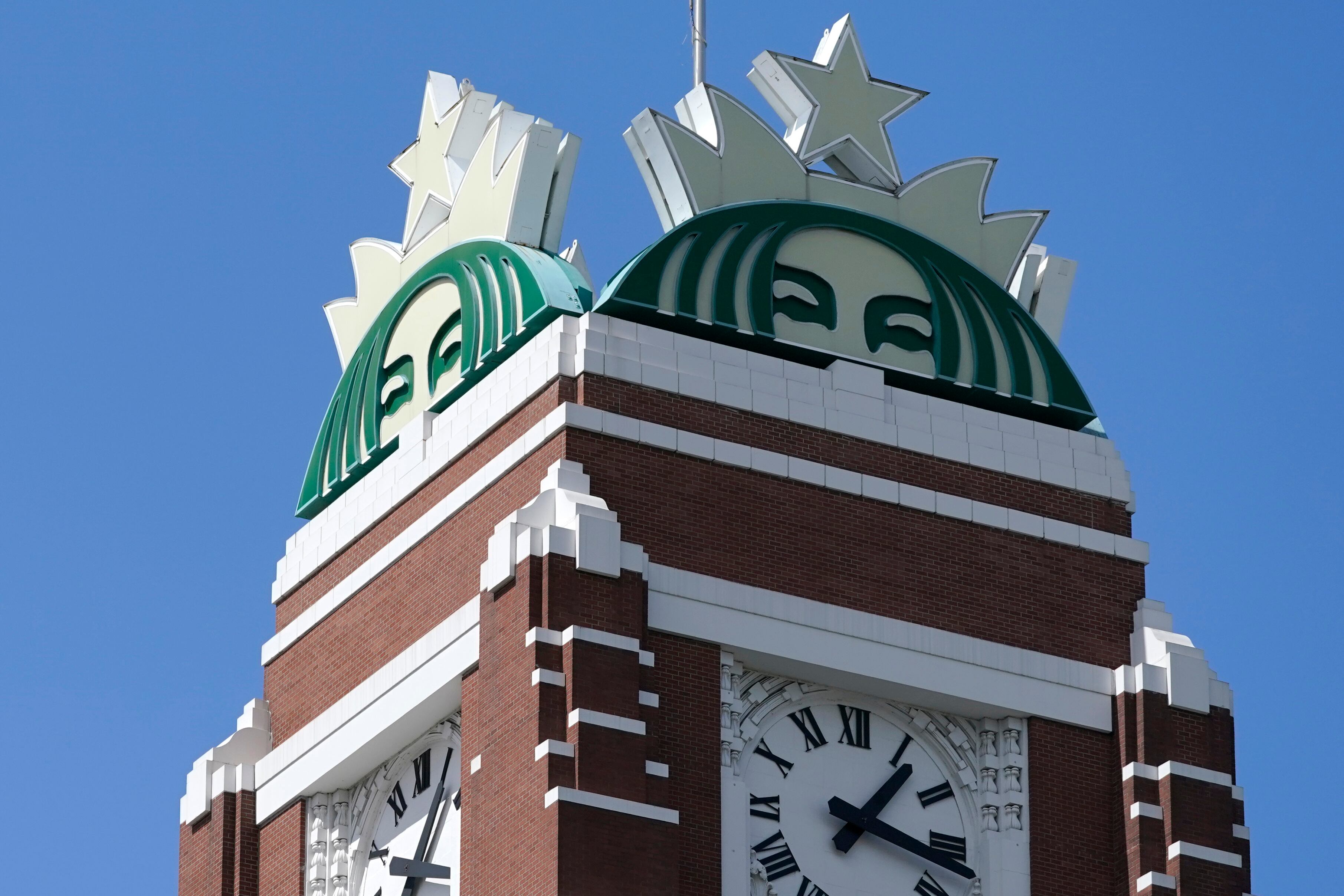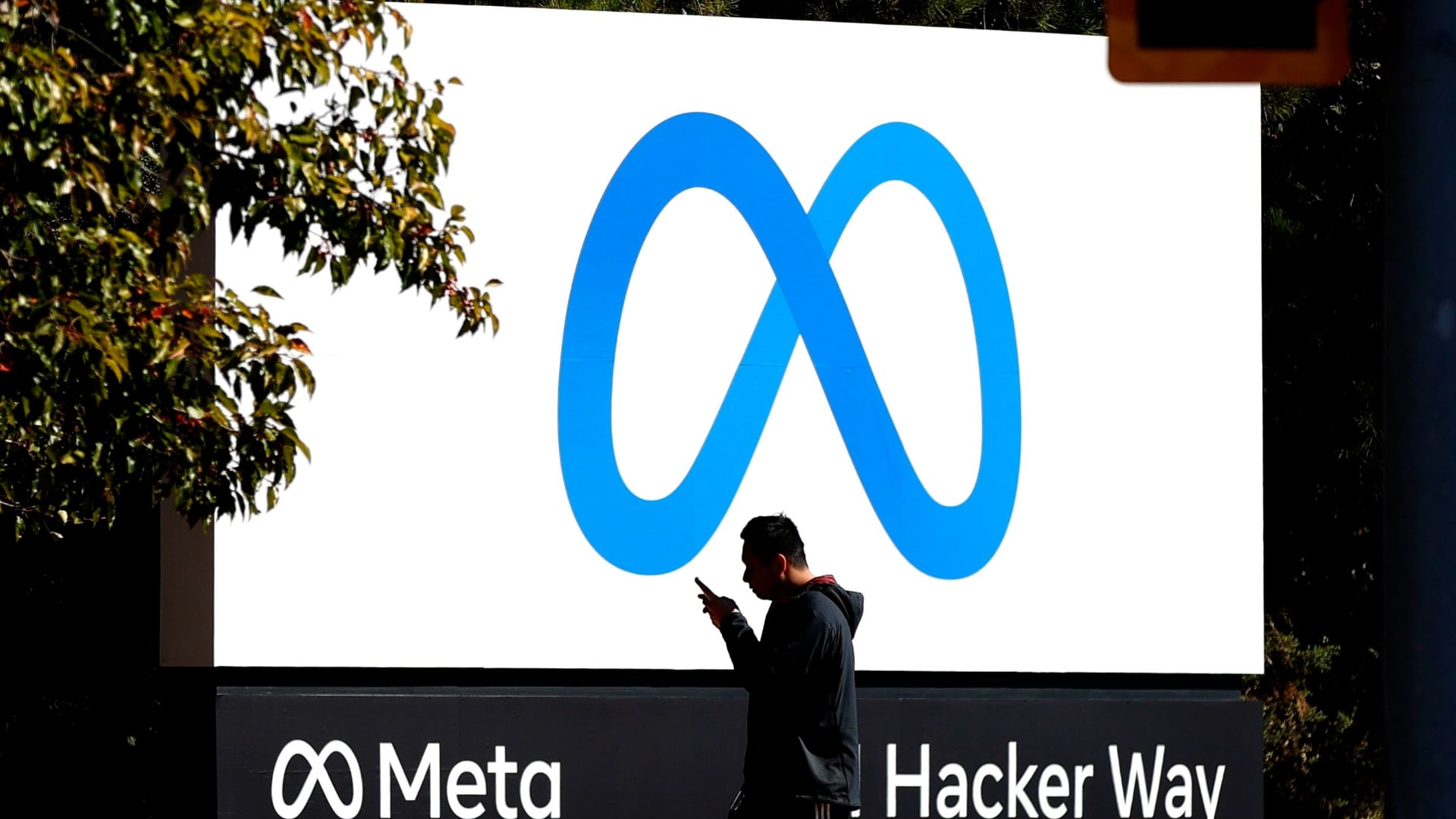By Paul Wiseman
The number of Americans applying for unemployment benefits fell for the seventh straight week to a pandemic low of 268,000.
U.S. jobless claims dipped by 1,000 last week from the week before, the Labor Department reported Thursday.
The applications for unemployment aid are a proxy for layoffs, and their steady decline this year — after topping 900,000 one week in early January — reflects the labor market's strong recovery from last year's brief but intense coronavirus recession. The four-week average of claims, which smooths week-to-week volatility, also fell to a pandemic low just below 273,000.
Jobless claims have been edging lower, toward their prepandemic level of around 220,000 a week.
Overall, 2.1 million Americans were collecting traditional unemployment checks the week that ended Nov. 6, down by 129,000 from the week before.
Until Sept. 6, the federal government had supplemented state unemployment insurance programs by paying an extra payment of $300 a week and extending benefits to gig workers and to those who were out of work for six months or more. Including the federal programs, the number of Americans receiving some form of jobless aid peaked at more than 33 million in June last year.
The coronavirus slammed the U.S. economy early last year, forcing many businesses to close or reduce hours of operation and keeping many Americans shut in at home as a health precaution. In March and April 2020, employers slashed more than 22 million jobs.
But the economy began to recover last summer. Consumers, pocketing government relief checks and gaining confidence as COVID-19 cases fell, resumed spending. With the rollout of vaccines this year, they began to return to shops, restaurants and bars.
Suddenly, many employers were struggling to keep up with an unexpected surge in demand. They are scrambling to fill job openings — a near-record 10.4 million in September. Workers, finding themselves with bargaining clout for the first time in decades, are becoming choosy about jobs; a record 4.4 million quit in September, a sign they have confidence in their ability to find something better.
Unemployment claims “have been declining on a sustained basis and are moving closer to pre-pandemic levels,'' said Rubeela Farooqi, chief U.S. economist at High Frequency Economics. “Layoffs are falling, reflective of companies holding on to workers amid a labor shortage.''
Since April 2020, employers have hired more than 18 million people, including 531,000 in October. But the U.S. economy is still more than 4 million jobs short of where it was in February last year.












